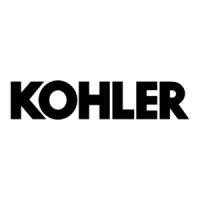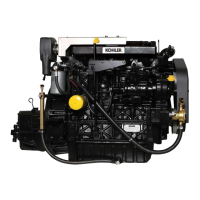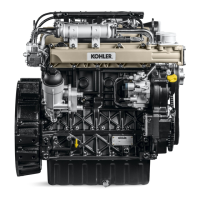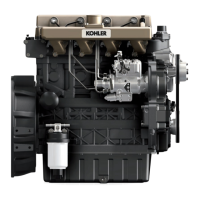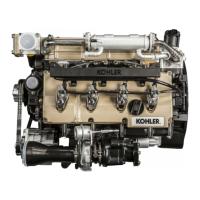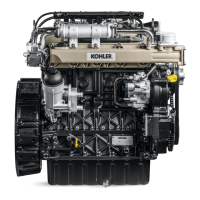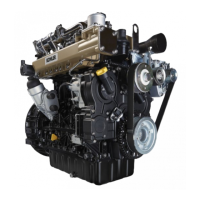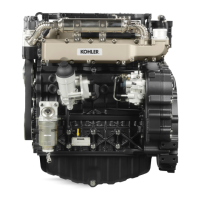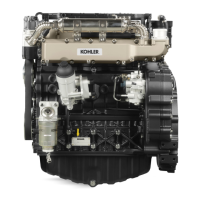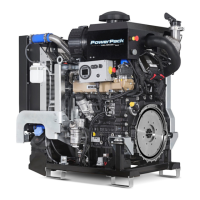2
TECHNICAL INFORMATION
EN 12
2.5 Fuel
Important
•
Use of other types of
fuel could damage the
engine. Do not use dirty
diesel fuel or mixtures
of diesel fuel and water
since this will cause
serious engine faults.
• Clean fuel prevents the fuel injectors from clogging.
Immediately clean up any spillage during refuelling.
• Never store diesel fuel in galvanized containers (i.e. coated
with zinc). Diesel fuel and the galvanized coating react
chemically to each other, producing flaking that quickly
clogs filters or causes fuel pump and/or injector failure.
• Any failure resulting from the use of fuel other than Tab. 2.3,
2.4 will not be covered by warranty.
Cetane number of 40 minimum. Cetane number greater than 47 is preferred, especially for
temperatures below –20 °C (–4 °F) or elevations above 1675 m (5500 ft.).
2.3
Fuel Type
|
|
V
no
certificatio
n (*1)
*1: the regions known as poor lubricity diesel fuel
quality or if the engine is operated with Jet fuels,
the primary filter must be with lubricity dosing
capability. Contact Kohler for information about
the approved filter for this purpose.
5
3A III
100% (EN
Power and torque might be 1% to 5% lower due to
low fuel density compared to standard diesel fuel.
Fuel F-
Do NOT USE vegetable oils as a biofuel not compliant
with EN590 prescription.
Grade 1-D
S15
For ambient temperatures below 0°C (32°F) with no
arctic fuel available (Grade 1-D S15, Grade 2-D S15,
ASTM D 975) use the following additives to prevent
possible engine damage with low engine load in cold
weather:
Power Service Diesel Fuel Supplement+Cetane Boost
Different additives are not allowed.
The use of approved additives has no impact on the
engine maintenance schedule.
Do NOT USE vegetable oils as a biofuel not compliant
with ASTM D975 Grade1 and Grade2 prescription.
Grade 2-D
S15
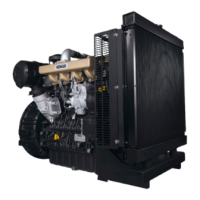
